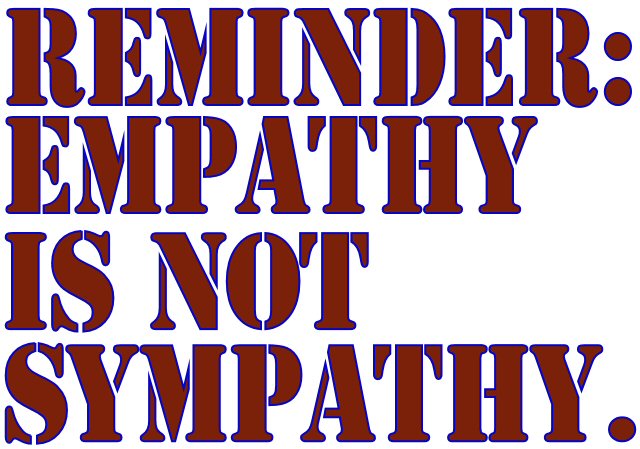Thursday, June 30, 2016
Not world's record, just DUMB.
Amazingly, PopSci has kicked Neil deGrasse off the grass. PopSci normally goes along with "scientific" psychosis, but this was too much for them.
In contrast to previously noted infinitely complex modern genocide, deGrasse's latest idiocy is simple and VERY old. Plato. It's the infinitely stupid dream of "scientists" that all problems can be solved by a one-world government based purely on evidence.
1. Facts are good. Evidence is good. In 'narrow' situations where evidence is available and straightforward, you should use it. For example, the Flint water supply. Evidence about corrosive water is perfectly clear, uncontroversial, and one-sided. The problem has been understood by chemists and by infrastructure engineers for 100 years. Nobody would be harmed by choosing the better water. Lots of people would be harmed by choosing the worse water. The government acted contrary to the evidence and used the worse water, just to save a few dollars.
2. But deGrasse is not talking about 'narrow' situations. The problem with one-world rule can be seen from EVIDENCE. We have 10,000 years of FIRM EVIDENCE that world-encompassing empires are deadly, and smaller governments can be beneficial. The optimum size for a nation is probably something like Uruguay or Belarus. Compact, containing one ethnicity or a group of ethnicities that have mixed well. Anything larger is dangerous.
3. Even in an optimum-size nation, evidence varies with location and class and other characteristics. Any evidence-based policy will favor one group and place, generally the dictator's own group. Think of water rights or eminent domain or outsourcing or immigration where Location 1 gains at the expense of Location 2. If you try to quantify such things using the advice of economists, you'll always favor the tribe that contains economists, because that's the sole purpose of economics. Slaughter the poor, enrich the tribe.
4. And even in the 'narrowest' possible entity, one person in one house, evidence may not give an answer in time to make good policy. Current example in my tiny house: A few days ago I noticed water around the toilet. It looked like the seal was leaking, so I wiped it up, put down a towel, and got ready to call the plumber in the morning. Then in the morning, no more water. After several days with lots of poops and pees, still no more water. Best guess was derived from another odd occurrence. A week earlier I'd noticed a wet length of toilet paper draped over the seat. Ick! How did it get there? Putting those two things together, and adding the fact that the shower drain is very slow, I'm GUESSING that the lo-flo toilet is bouncing back and splashing out once in a while. This hypothesis is NOT based on measured evidence because I haven't seen the splash happen. This is PATTERN RECOGNITION plus a general understanding of how water moves. [I later tested the hypothesis by using Drano. After Drano, no repetition of the splash.]
Good policy is almost always based on PATTERN RECOGNITION plus EMPATHY plus the constraints of price. EMPATHY means getting into the heads of other people or nations or things, and figuring out what they're likely to do in response to your action or inaction. Evidence may sometimes give you a clue or a starting point, but EMPATHY will always work.
 Just another little reminder.
Just another little reminder.
 Just another little reminder.
Just another little reminder.
